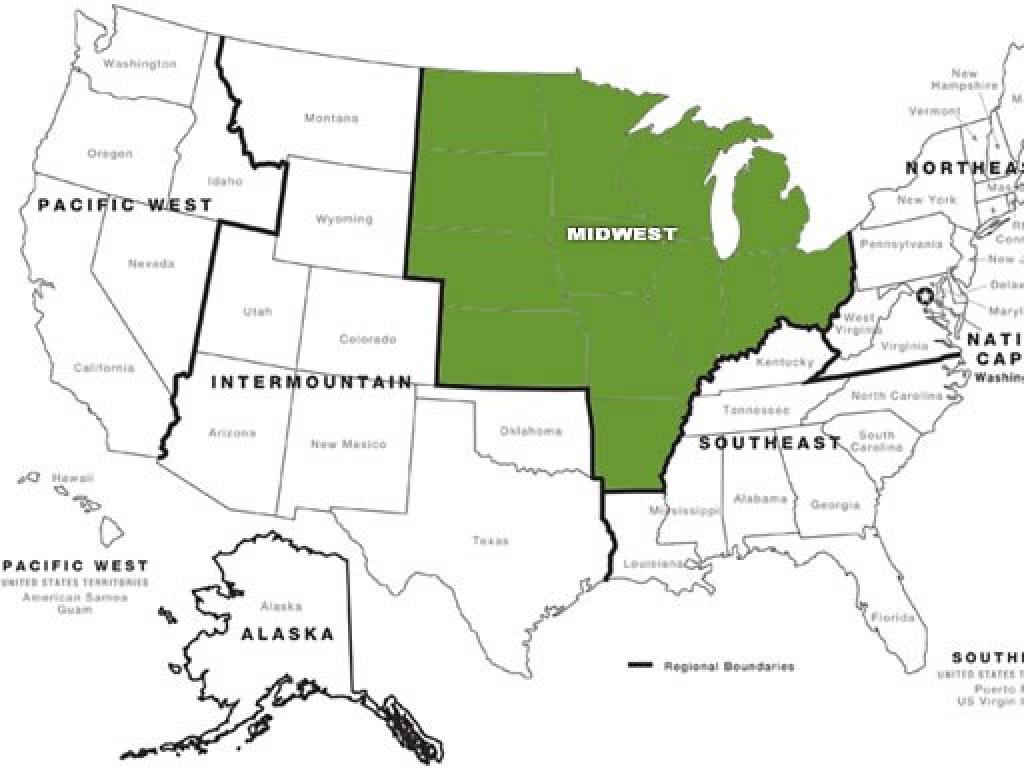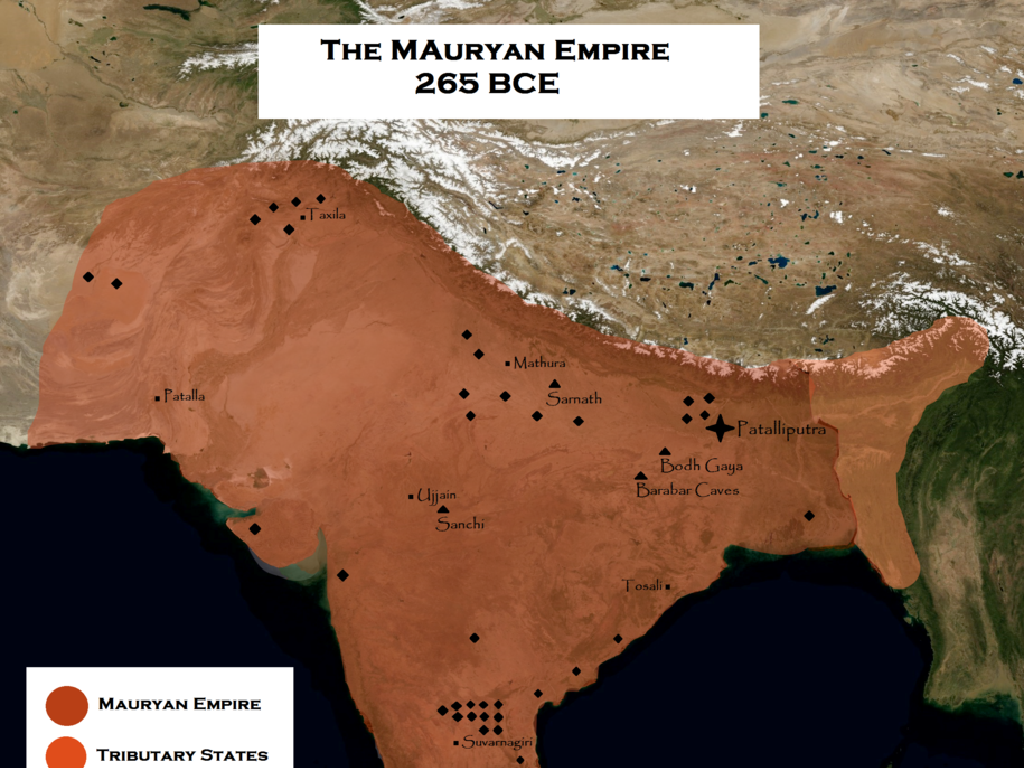The American Revolution: The Thirteen Colonies Under British Rule
Subject: Social studies
Grade: Fourth grade
Topic: The American Revolution
Please LOG IN to download the presentation. Access is available to registered users only.
View More Content
Life in the Thirteen Colonies
– The Thirteen Colonies explained
– 13 British colonies in North America, each with its own government
– Causes of the American Revolution
– Unfair taxes and lack of representation led to growing tension
– Daily life under British rule
– Colonists had to follow British laws, which affected their daily lives
– Impact of British laws on colonists
– Harsh taxes and trade restrictions made life difficult for colonists
|
This slide introduces students to the Thirteen Colonies and sets the stage for understanding the causes of the American Revolution. It’s important to highlight the individuality of each colony, yet their unity in dissatisfaction with British rule. Discuss the concept of ‘taxation without representation’ and how it fueled the desire for independence. Illustrate the impact of British laws on colonists’ everyday lives, such as the Stamp Act affecting newspapers and legal documents. Use examples like the Boston Tea Party to show how colonists protested against British policies. Encourage students to think about how they would feel living under such rules and to empathize with the colonists’ situation.
Life in the Thirteen Colonies
– The Thirteen Colonies explained
– The original British settlements on the East Coast of America.
– Exploring daily colonial life
– From farming to schooling, life was busy and varied.
– Community roles and responsibilities
– Different jobs like blacksmiths, farmers, and teachers.
– Impact of British rule on daily life
– British laws and taxes affected how colonists lived.
|
This slide aims to give students a glimpse into the everyday life of people living in the Thirteen Colonies before the American Revolution. Begin by explaining that the Thirteen Colonies were the British settlements along the East Coast that later became the United States. Discuss the various aspects of daily life, such as the work people did, the food they ate, and how children learned. Highlight the roles of different community members, including tradespeople, women, and children. Emphasize how British rule, with its laws and taxes, influenced the colonists’ way of life, setting the stage for the desire for independence. Encourage students to compare life then to their lives today and consider how community roles have changed or remained the same.
British Rule in the Colonies
– British governance methods
– The British had governors and councils in colonies to enforce rules.
– Taxes and laws by British
– Acts like Stamp Act, taxing paper goods, angered colonists.
– Colonists’ reactions to policies
– Protests and boycotts showed colonists’ displeasure.
– Impact on American Revolution
– Tensions from these policies fueled the desire for independence.
|
This slide aims to explain the structure of British rule over the Thirteen Colonies and the resulting discontent that led to the American Revolution. Discuss how the British government established control through governors and various councils, and how they imposed taxes and laws without the colonists’ consent. Highlight specific acts such as the Stamp Act and the Townshend Acts, and explain how these led to widespread protests, including the famous Boston Tea Party. Emphasize that the colonists’ reactions to British policies played a significant role in the growing desire for independence, setting the stage for the American Revolution. Encourage students to think about how they would feel if they were taxed without their input and relate it to the concept of ‘no taxation without representation’.
Seeds of Discontent: The Stamp Act
– The Stamp Act’s impact
– A tax on paper goods that angered colonists
– ‘No taxation without representation’
– Colonists didn’t want to be taxed without a say in British Parliament
– Colonial protests
– Colonists showed their anger through protests like the Boston Tea Party
– Boycotts as a form of protest
– Refusing to buy British goods to show disapproval of taxes
|
This slide introduces the students to the growing unrest among the American colonists due to British policies. The Stamp Act was a direct tax imposed by the British government on the colonies, which led to widespread dissatisfaction as it affected all colonists who used paper products. The concept of ‘No taxation without representation’ was a rallying cry for the colonists, who believed it was unfair to be taxed without having representatives in the British Parliament. Highlight examples of protests such as the Boston Tea Party, where colonists dumped tea into the harbor to protest the Tea Act. Discuss boycotts as a non-violent protest where colonists refused to buy British goods to hurt the British economy and make a political statement. Encourage students to think about how they would feel if they were taxed unfairly and had no say in the matter.
The Path to Revolution
– Key events sparking revolution
– Taxation without representation, oppressive British laws
– The Boston Tea Party protest
– Colonists dumped tea into Boston Harbor to protest taxes
– First Continental Congress role
– Delegates from colonies met to discuss and respond to British policies
– Understanding the push for freedom
|
This slide introduces students to the major events that led to the American Revolution. Discuss the growing tensions between the Thirteen Colonies and British rule, emphasizing the concept of ‘no taxation without representation.’ Explain the Boston Tea Party as a pivotal act of protest against the Tea Act and other taxes. Introduce the First Continental Congress as the meeting of colony delegates to unite against British policies. Use these points to help students understand the colonists’ desire for freedom and the steps they took towards independence. Encourage students to think about how these events show the colonists’ increasing desire to govern themselves and the lengths they were willing to go to for their liberty.
Class Activity: Colonial Town Meeting Role-Play
– Reenact a colonial town meeting
– Students take on historical roles
– Be a colonist, British official, or merchant
– Debate on the Stamp Act issue
– Why was the Stamp Act upsetting to colonists?
– Understand perspectives of the time
– How did different people view British rule?
|
This activity aims to immerse students in the historical context of the American Revolution by having them role-play a colonial town meeting. Assign roles to students, ensuring a mix of colonists, British officials, and merchants. Provide a brief background on the Stamp Act and why it was controversial. Encourage students to express their character’s viewpoint on taxation without representation. Possible activities: 1) Debate as a group on the fairness of the Stamp Act. 2) Write a speech from your character’s perspective. 3) Create protest signs or slogans. 4) Hold a mock vote on the Act. 5) Write a letter to the King of England explaining the colonists’ position. This will help students understand the differing opinions that led to the American Revolution.
Reflecting on the Thirteen Colonies
– Recap of Colonies under British rule
– Importance of this historical period
– Knowing history helps us understand our nation’s foundation and values.
– Think of questions about Independence
– What do you wonder about the Declaration of Independence?
– Get ready to discuss next class
– Your questions will guide our exploration of America’s quest for freedom.
|
As we conclude our lesson on the Thirteen Colonies under British rule, it’s crucial for students to reflect on what they’ve learned. This understanding sets the stage for recognizing the causes and significance of the American Revolution. Encourage students to think critically about why this period in history matters and how it has shaped the United States. For the next class, students should come prepared with questions about the Declaration of Independence, which we will explore in detail. This activity will help them engage with the material and foster a deeper understanding of the events that led to the formation of their country.






